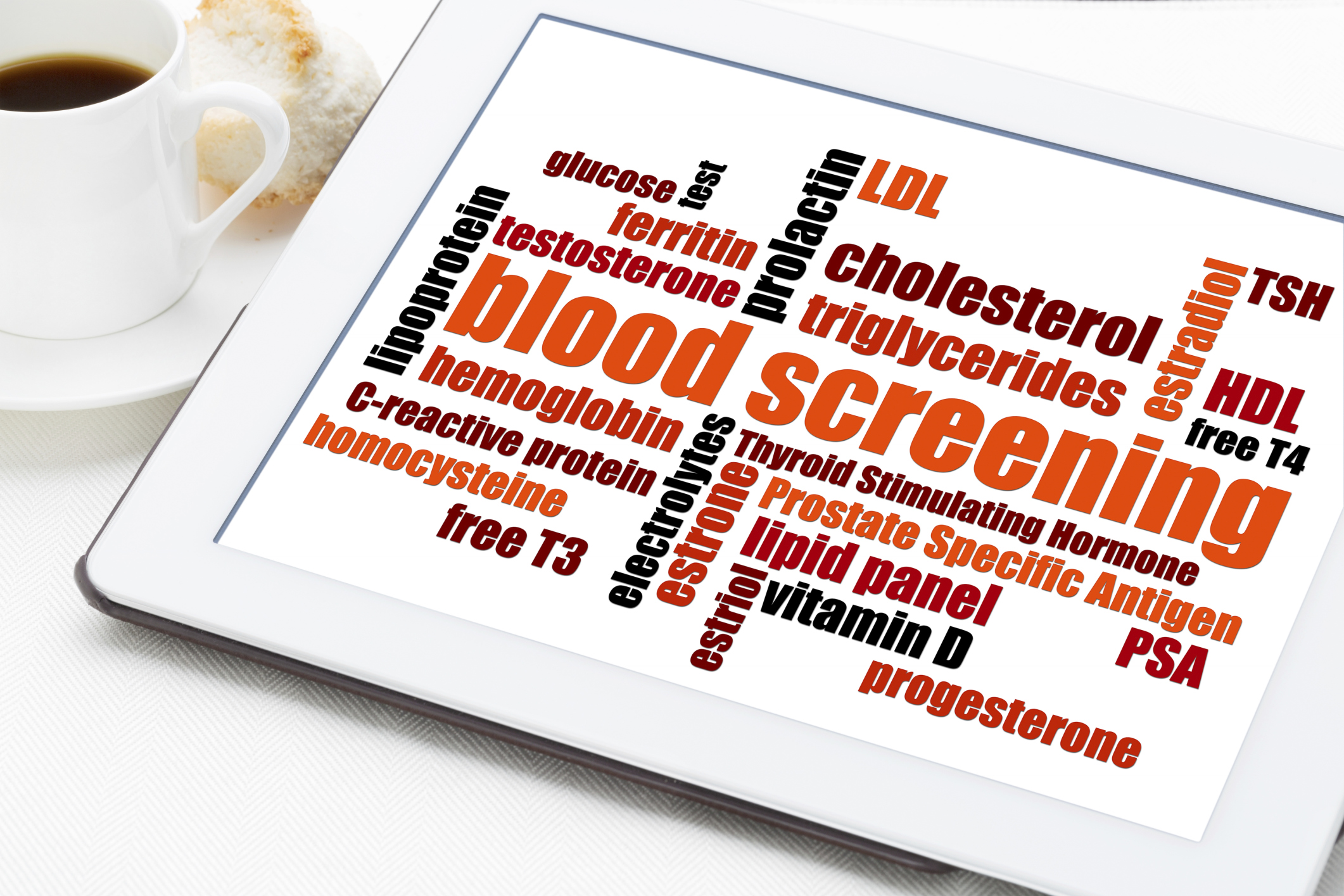The Thyroid-Gut-Autoimmune Connection
To have healthy thyroid function, you need a healthy intestinal tract. And to have a healthy intestinal tract, you need healthy thyroid function. The two are more connected than most of us could ever imagine. Here’s how it works:
Perhaps you’ve heard of something called “leaky gut” syndrome. It’s a condition where the intestinal lining becomes more permeable than normal. This allows large molecules of protein that shouldn’t make it through this selective barrier to migrate into the body. There, the molecules trigger the body’s immune system and may set off an autoimmune reaction where the immune system starts to attack





